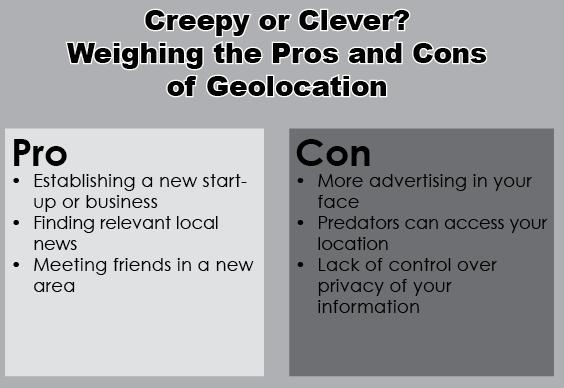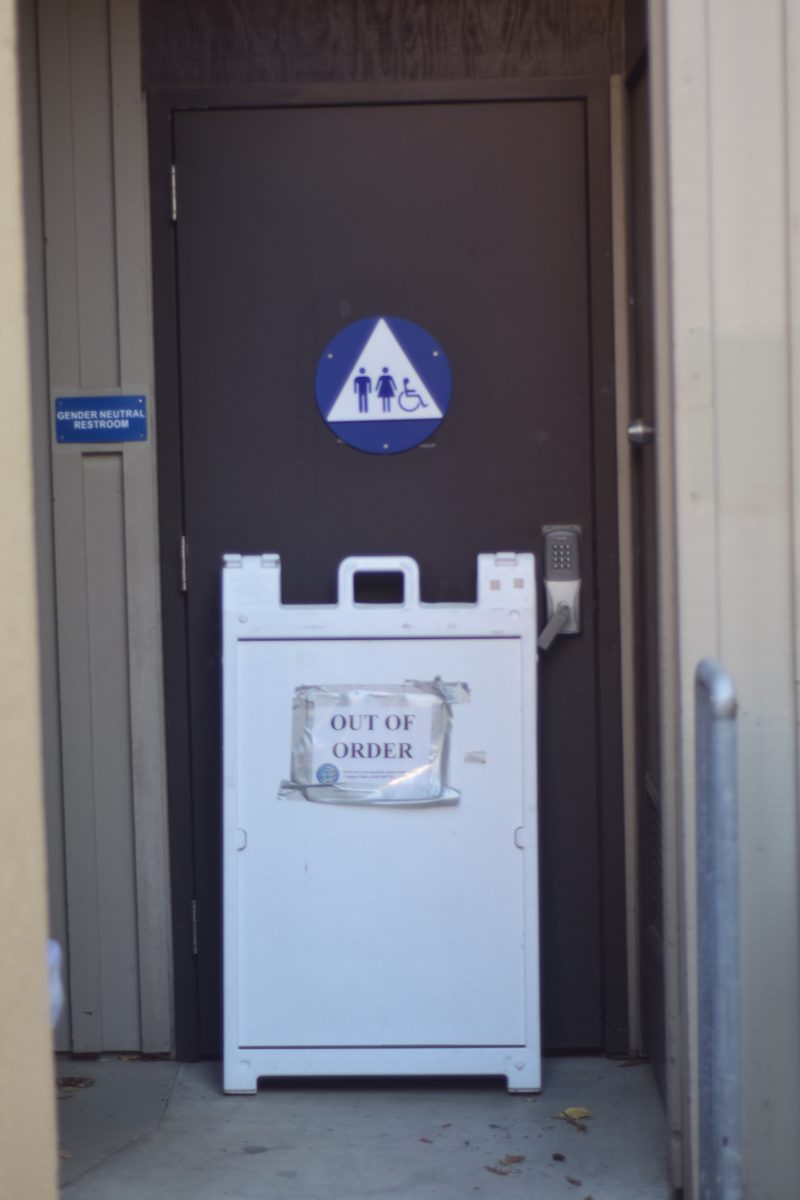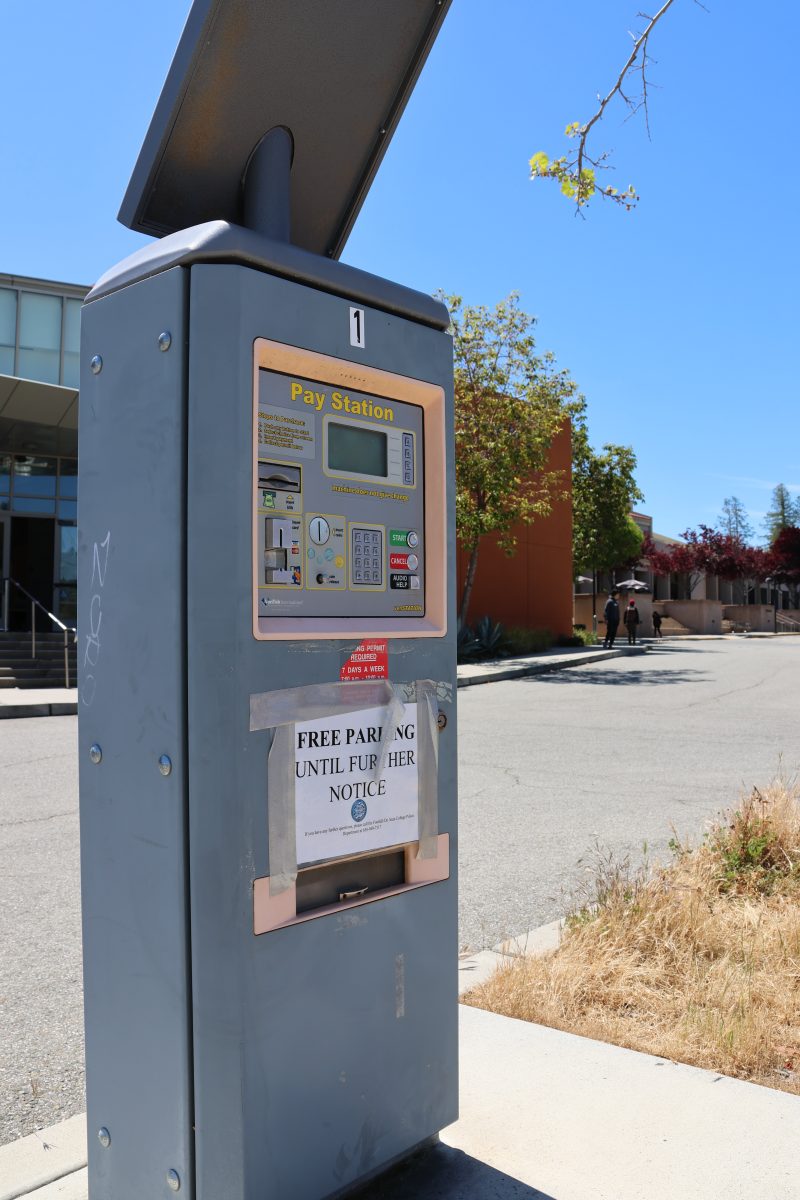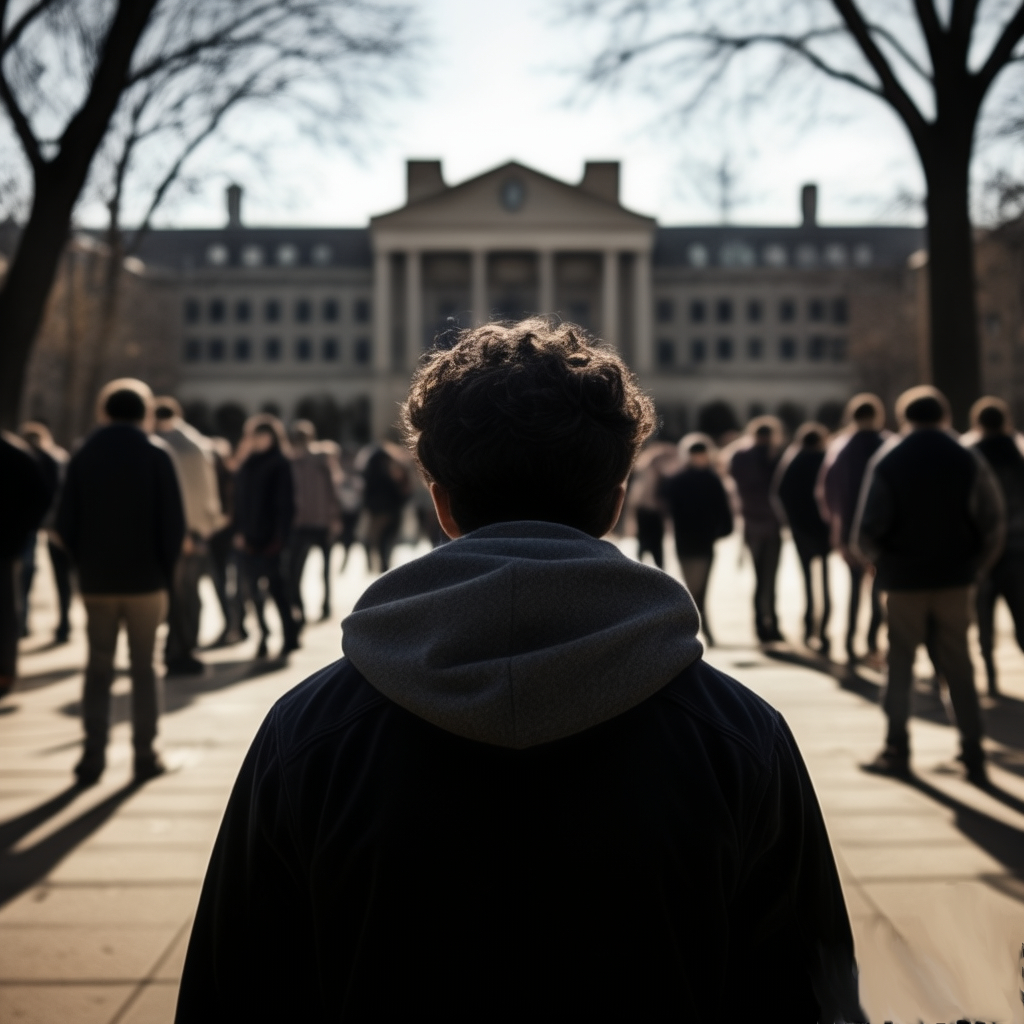Living in the 21st century, we are surrounded by technological advances. We let stalkers and the government track our whereabouts just through the pictures we have uploaded. Recently, Yiannis Kakavas released a software application called Creepy. This application extracts information from your Twitter or a picture-uploading site and maps it out for your friendly stalker to have a full history of where you have been. This application extracts something called geo-tagging from the pictures and creates a history.
The creator of this application, Kakavas, writes on his website that Creepy was created to “…show exactly how easy it is to [collect] geolocate information and make you think twice next time you opt-in for geolocation features in Twitter, or hitting “allow” in the ‘this application wants to use your current location’ dialog on your iPhone.”
I have to agree with Kakavas. This habit many of us have for just “allowing” our phones to access GPS information for the sake of an application or for a game is alarming. I think a lot of us don’t realize the truth of how open we are with our information on the web. We have a false perception that when we decide to turn off automatic check-in on Facebook or Twitter, we are keeping ourselves safe.
That is one of the many precautions we can take, but it does not prevent people from finding out the same information in other ways. Have you thought about all those applications on Facebook that you “allow” access to your information? We are allowing access to our information! This stalker software just re-iterates the easiness with which a person can access our information.
The crazy thing is that this is completely legal. The fact that my creepy stalker ex-boyfriend or a psychopath could find out places where I frequent or where I live, down to the exact GPS coordinates, scares the living daylights out of me. I have an amendment that protects my freedom of speech and an amendment that protects my home from unlawful search and seizure, but there is absolutely no law, amendment or even a clause that explicitly states that I or any other person in the U.S. has a right to privacy. A clause in the Constitution for the 14th Amendment that states that “[no] State shall … deprive any person of life, liberty or property, without due process of law.” The government cannot infringe on my right to liberty, but “Creepy” in my opinion is just the tip of the iceberg. If any person on the street can track where I’ve been, who’s to say what the government can keep track of? I feel that the government has no right to information about my private life, such as where I’ve been, unless it is relevant to an issue they have with me and that information is required.
I should feel safe that astranger is not accessing what restaurant I’ve been to or the movie theater I like to go to. Art major Carissa Atrianty states “It is inappropriate. Everyone needs personal space. And a right to privacy,” says De Anza art major Carissa Atrianty
I feel I should constantly be on the look out. Books like The best selling “Twilight” by Stephanie Meyers romanticized the notion of a sparkly man stalking a woman and watching her while she sleeps. Well, let me just say that I will be sleeping with a can of mace and a copy of the Constitution in case I wake up to some creeper watching me sleep or some weird government agent who needs to be reminded of my right to liberty.
Although, in reality if I found a weird stranger in my room, I would first reach for the mace, then get the heck out of there.

(Nick Gonzales/LA VOZ WEEKLY)









